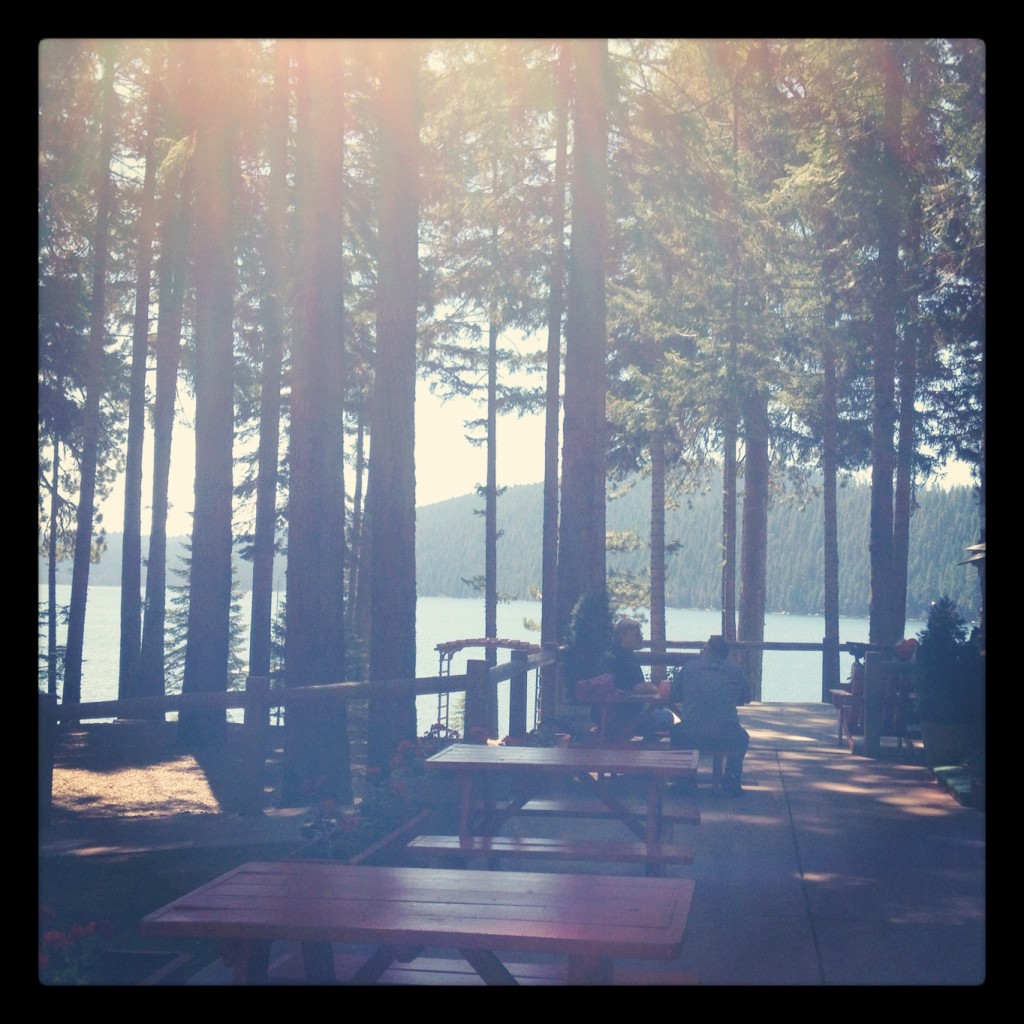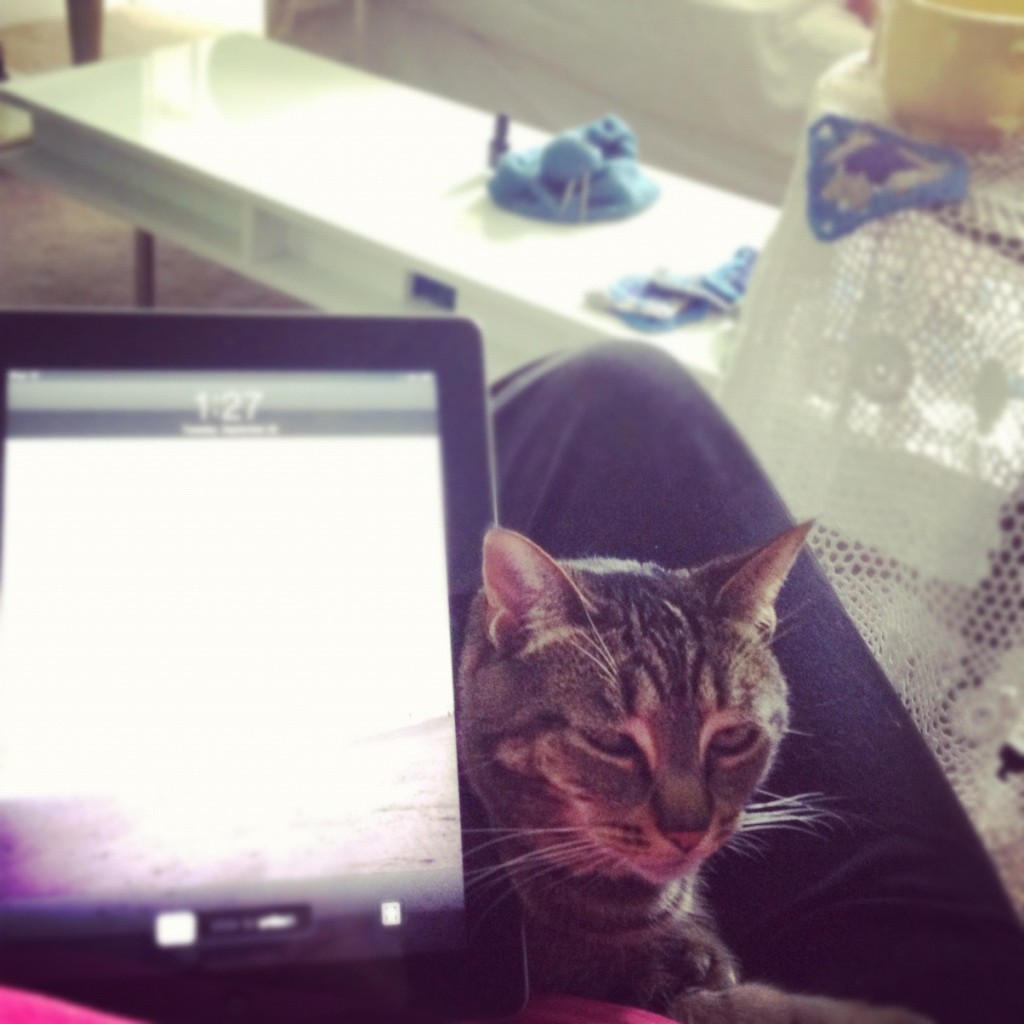This month, things are going to be different.
How often do you say that? This year, this month, this week, this next hour.
But how? How do you make an hour or week or month different?
Do you buckle down and try harder and push more?
Does that make you more productive? Or more tired?
I'm trying something totally different.
For this month's experiment, my premise is simple: do more of what feels good, and less of what doesn't.
Basic math, right? Add in more good stuff, and my life will have more good. If I listen to what I actually like (and not just what I think I should do), I'll be happier and more sure I'm making the right decisions.
But…what's good, what's bad?
What do I mean by feeling good?
Things that feel good…
-bring me joy
-connect me to others
-feed my enthusiasm
-build momentum
-are comforting
-nourish me
My theory is simple: If I say yes to more good-feeling stuff, my work and my days will be filled with good-feeling stuff.
I have to admit that there's a loud voice of midwestern pragmatist that tells me this a terrible idea. If everyone just did what felt good, our society would break down! People would be selfish! I'll be selfish!
But wait, is that true?
My experience with this is that when I do what feels good, it's often the kind thing, the gentle thing. Being truly selfish, or being rude or self-centered actually feels awful. For example, this week my husband's great aunt died. I'll be attending the funeral this week, and while it sounds hard and unfun (funerals are never easy), I know that going and comforting my husband and his family will actually feel good. Not happy dancing, giggling good, but deeply, profoundly right. Connecting with people always feels better than disconnecting (even when it's scary).
The trick is knowing the difference between what I think will feel good (or what I think I should do) and what will actually feels good.
Another example: people often ask to work one-on-one with me. And as much as I love talking to someone and getting to know them, the one-on-one relationship is just too short to be fulfilling + productive enough for me. What feels great is working alongside someone for a few months and seeing the growth in their business. So I've learned that what will really feel great is having them in the Starship, and helping them over time, so I can celebrate the Yays and help them through the Overwhelms. This goes against every bit of advice, and every bit of good sense. But it's true for me, and time has shown that it's good for the people I'm here to help. They get more momentum, which leads to more resutls, and in the meantime we both to know what'll work in the future.
But so far, I've been guessing. I've stumbled onto what works and what doesn't.
That's where the experiment comes in, to see if this is, in fact, something true, something I can trust.
My hypothesis: Doing more of what feels good will bring more good. Period.
The Parameters: At least once a day (before I start making my to-do list), ask myself: How can I bring more of what feels good into the day? And how can I get rid of what doesn't? I hope to remember to also ask myself this before making any decisions (Will I take on this project? What will I eat for lunch? Should I focus on this or that today?)
During the experiment, I'll be sharing the things that feel great, and inviting you to do the same.
Are you experimenting this month?
If this experiment thing is new to you, read How to Experiment right here. Join in by sharing your experiment (make up your own or join me in feeling good) in the comments. And if you'd like to to check in weekly (and ask questions) during your experiment with others, check out the Starship.



